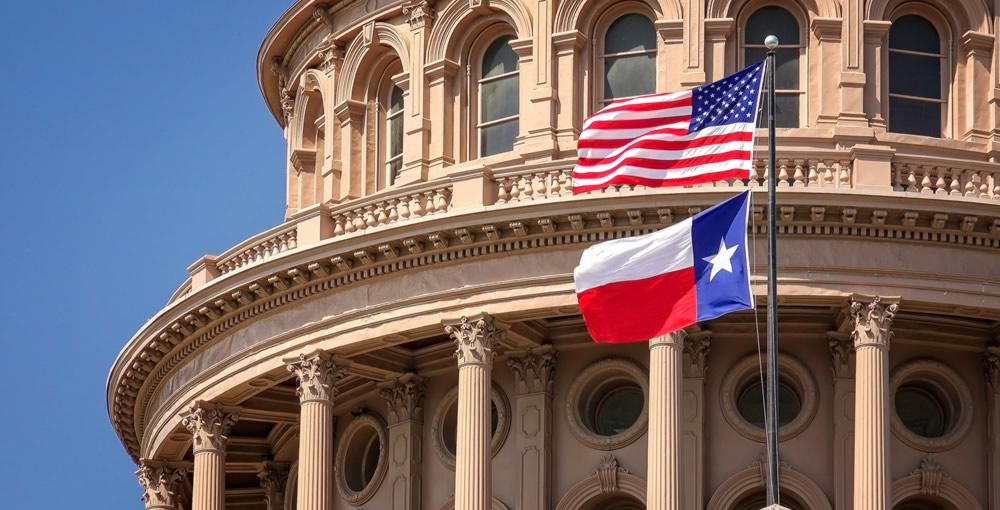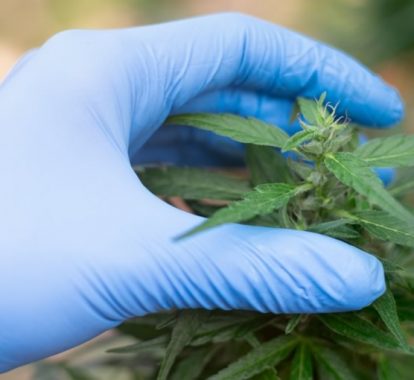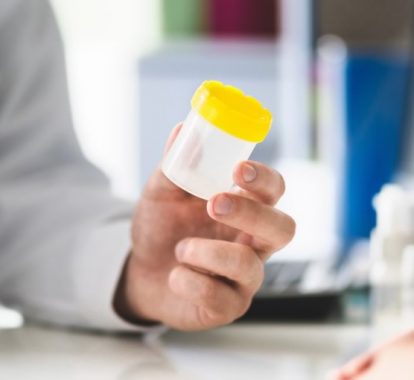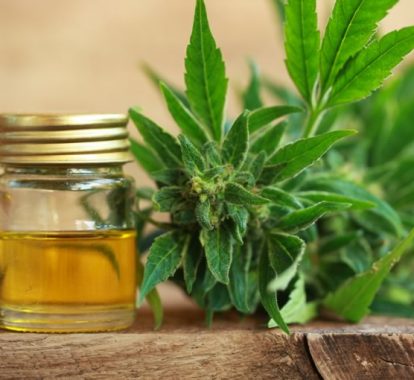What you need to know about Texas’ legalization of medical marijuana, CBD oil and its impact on employer drug testing.
September 3, 2019

During the 2019 Texas Legislative session, the House of Representatives drafted several bills relative to the legalization of medical marijuana, hemp, hemp production and CBD oil.
So, what laws passed? What are the changes ahead?
- Texas farmers can now grow hemp. Cannabidol, or CBD products with less than .03 percent of THC (tetrahydrocannabinol, the psychoactive compound found in cannabis plants) are legal. On June 11 Governor Abbott signed into law the legalization of hemp production and CBD products. While Texans have found CBD oils, tinctures and goods in stores for a while now, they were technically illegal. As long as the CBD products are derived from hemp, contains less than .03 percent of THC and meet labeling standards, they are legal.
- Texas expands access to medical marijuana. Texas House of Representatives Bill 3703 expands the Compassionate Care Act of 2015 on the use of medical marijuana, which Governor Abbott signed into law on June 15.House Bill 3703 expands the Compassionate Care Act to allow specialty doctors to prescribe low-THC (.5 percent) medical marijuana for ailments including multiple sclerosis, spasticity, Parkinson’s disease, ALS, terminal cancer, autism and or incurable neurodegenerative disease.Until this law, only Texans diagnosed with intractable epilepsy were allowed to be prescribed cannabis.The law does not allow medical marijuana to be smoked, only consumed or used in the form of edibles, inhalers, oils, topical treatments or gel caps.It still requires the prescribing physician to register as the prescriber for a patient in the Compassionate Care Act registry.For make background on the Compassionate Care Act, go to https://www.texasmedclinic.com/medical-marijuana-in-the-texas-workplace/
- Recreational marijuana is still illegal in Texas. House Bill 63 attempted to lessen the penalties from Class B misdemeanor to Class C misdemeanor for people caught with small of amounts of marijuana. It did not pass.
How will the new laws impact employer drug testing?
Texas employers can keep their eyes on states where recreational cannabis use has been made lawful (such as Colorado, California, Washington, Oregon, and Nevada), and where employers already are reconciling the conflicting state and federal rules.
Employers are still allowed to test employees and applicants for THC and discipline them or refuse to hire them in the case of positive results, at least as long as the federal government continues to classify marijuana as a Schedule I controlled substance. Employers have a right to rely upon the continued prohibition at the federal level to take adverse employment action against persons testing positive, even where state law has legalized cannabis use.
The bigger confusion lies in the popularity of CBD oil. CBD oil is not standardized or regulated, which means some CBD oil can have higher amounts of THC that can test positive in a standardized drug test.
According to a blog from Quest Diagnostics, a national leader in the drug testing arena, CBD itself would not report positive for marijuana or marijuana metabolite. If the CBD product contains THC at a sufficiently high concentration, it is possible, depending on usage patterns, that the use of these products could cause a positive urine drug test result for marijuana metabolites. For example, in some states, CBD may contain up to 5% THC.
It is important to remember that for federally-mandated drug tests, the use of CBD or “medical marijuana” would not be considered an alternative medical explanation for the positive test result. Moreover, as a Schedule I substance, CBD remains illegal at the Federal level. While there are some states that permit the sale of CBD, many of these states only permit relatively low levels of THC in the CBD product.
Employers need to stay informed about the ever-changing landscape of marijuana and its derivatives, ensuring their company’s substance abuse policy language clearly reflects their position on marijuana and the use of CBD products.




